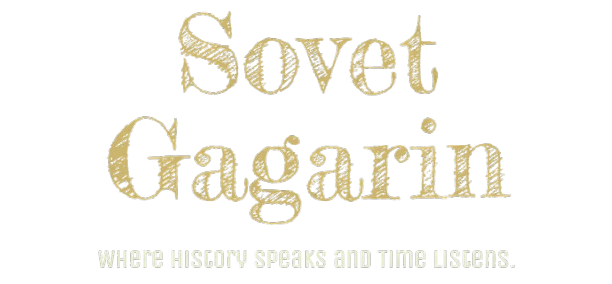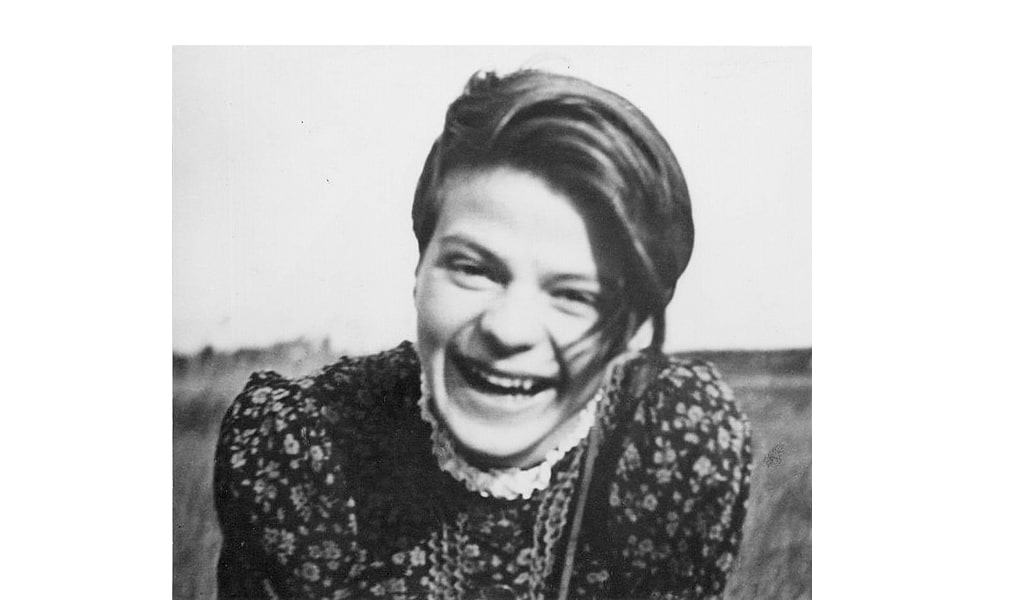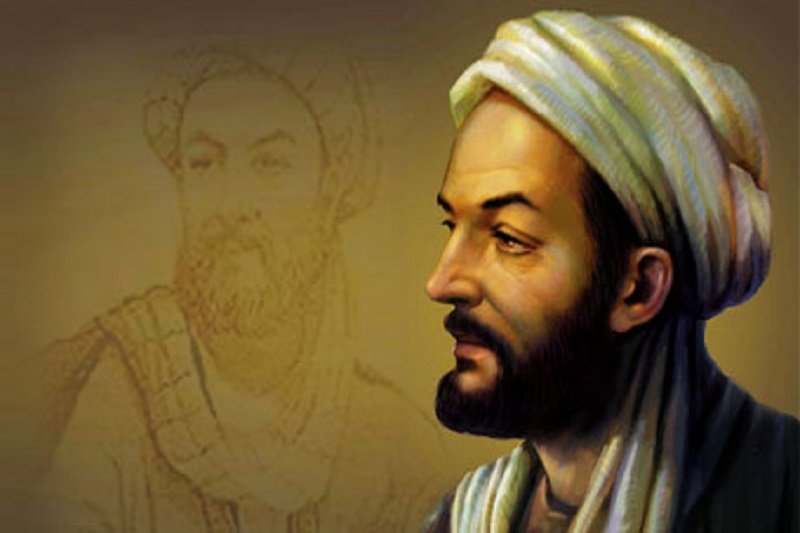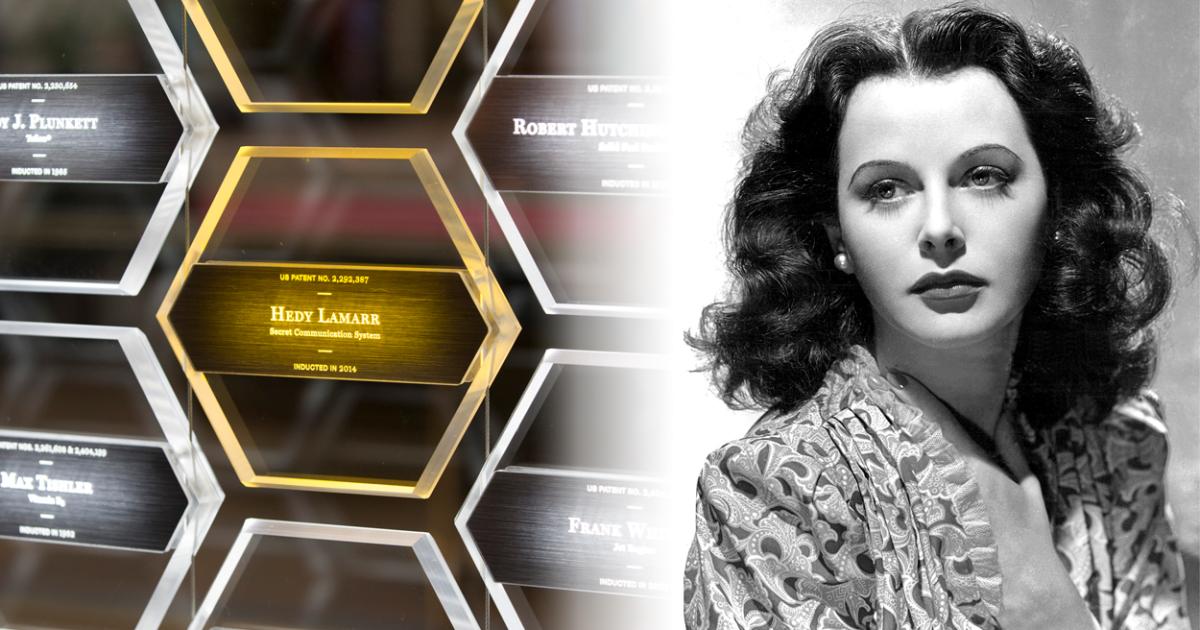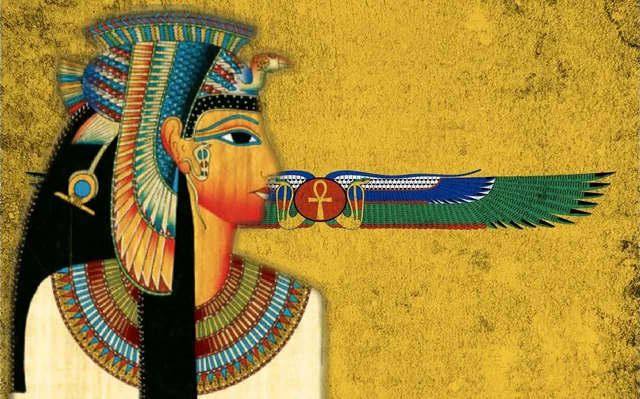Sophie Scholl, a German university student and anti-Nazi political activist, stands as one of the most courageous figures of World War II resistance. Born in 1921, she became a leading member of the White Rose, a non-violent resistance group composed mainly of students at the University of Munich. Through distributing pamphlets and graffiti campaigns, the White Rose called for an end to Hitler’s regime and the atrocities of the Holocaust. Scholl’s fearless actions, rooted in moral clarity, continue to inspire activists and historians worldwide.
In February 1943, Sophie and her brother Hans were arrested while distributing the group’s sixth leaflet at the university. Despite intense interrogation, Sophie remained steadfast, defending her actions as a moral obligation against tyranny. Just four days later, she was executed by guillotine at the age of 21. Her final words, “What does my death matter, if through us thousands of people are awakened and stirred to action?” echo as a powerful symbol of youthful defiance and conscience.
Sophie Scholl’s legacy transcends national boundaries. She represents the profound impact individuals—especially young people—can have in resisting oppression. Honored in Germany and beyond, her story is a reminder that even in the darkest times, the courage of one voice can challenge the silence of many.
